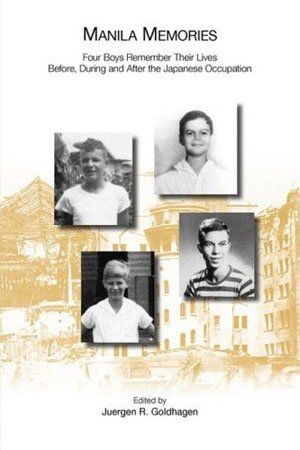Old Guard Press
Roderick Hall Philippines: Postal Issues of the Japanese Occupation

Arnold H. Warren War Came to the Philippines

Charles Land-Reeves Boy! — A Passage to Manhood (2nd Edition)
Published 2016. Paperback, 220pp, 9 x 6ins, £14.95 / $23
ISBN 9781848614246
In 1939, at the age of six and just before the outbreak of World War Two, the author was uprooted from the Sussex countryside and tossed into the political and military cauldron of South East Asia to face the turmoil of wartime in the Philippines – first on the run in the jungle from the invading Japanese, then in an internment camp where, still a child, he came close to death. His mind further broadened by evacuation to the USA, he then fought a more personal battle for survival, this time against the stifling educational conventions of post-war Britain. Here, in this engrossing true-life account, Charles Land-Reeves unfolds a fascinating story of childhood innocence corrupted by, and then triumphing over, an uncompromising and often brutal reality. This second edition of a book first published in 1996 has been revised and corrected for its new appearance.
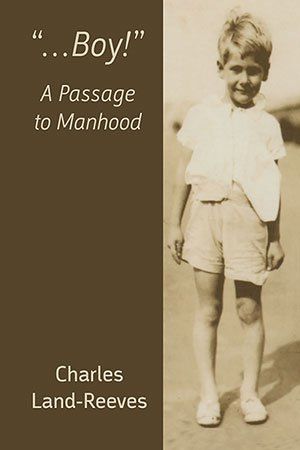
Claus von Rosen A Baltic German Life: Freedom, the Gulag and Beyond
Published 2014. Paperback, 176pp, 9 x 6ins, £14.95 / $23
ISBN 9781848613614
Claus von Rosen (1904-1992) was born into another world: the world of the German-speaking landed gentry of the Baltic countries — nominally under the Russian Empire, but in fact granted significant powers of fief in those territories. With the Revolution, and the break-up of the Empire, followed by Baltic independence, invasion by, and subjugation to, the Third Reich, Soviet overlordship after the Yalta Conference, and then independence once again, this region has seen tumultuous changes in the past hundred years. Claus von Rosen was of the gentry; he was a businessman in German-owned enterprises; he was in the Estonian Army, and then later in the Wehrmacht during World War II; he was imprisoned in the Gulag until the mid-1950s, and then was "repatriated" to the Federal Repulic of Germany. This is his story. It is the story of a lost world. The original German version of this book is listed below.
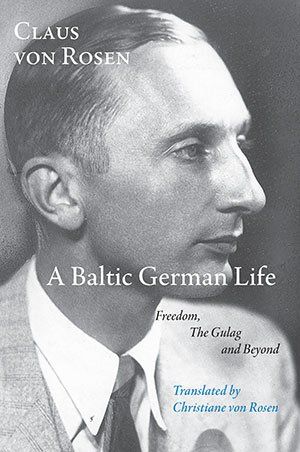
Claus von Rosen Erinnerungen
Text in German. Text auf Deutsch.
Published/Veröffentlicht 2015. Paperback/Taschenbuch, 233pp, 9 x 6ins, £14.95 / $23
ISBN 9781848614109.
Claus von Rosen wurde in eine der Baltischen Ritterschaften hineingeboren, die deutschsprachige, grundbesitzende Adels-Gesellschaft der baltischen Staaten, die damals ein Teil des Russischen Reiches waren. Er war erfolgreich als leitender Mitarbeiter im Familienbetrieb tätig und passte sich der neuen Ordnung des unabhängigen Staates an, erlernte die Sprache und absolvierte seinen Wehrdienst in der Armee Estlands.
Zu Beginn des 2. Weltkrieges und mit der Invasion Estlands durch die Sowjetunion wurden alle Deutsch-Balten zu feindlichen Ausländern erklärt. Claus’ Familie zog gen Westen und Claus selber wurde in die Deutsche Wehrmacht einberufen und tat Dienst an der Ostfront. Dort wurde er zusammen mit tausenden anderen deutschen Soldaten gefangen genommen und in den Gulag geschickt. Er sollte dort bis 1955 bleiben. Zu dem Zeitpunkt wurden nach Verhandlungen zwischen Moskau und Bonn alle Deutschen Kriegsgefangenen freigelassen. Claus kehrte zurück in den Westen, in die Bundesrepublik. Ein für ihn neues Land, entstanden aus den Trümmern einer alten Welt. Dieses Buch enthält seine Memoiren und gewährt dem Leser einen kurzen Einblick in eine heute fast vergessene—eine fast unbekannte—Welt.
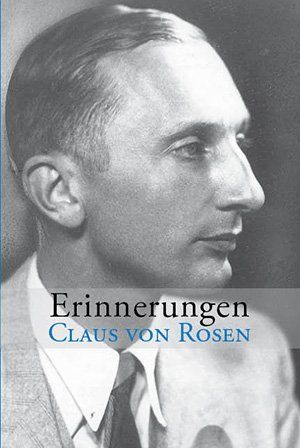
A.J. Locke Kobe House P.O.W. No. 13
Published 2013. Paperback, 222pp, 9 x 6ins, £14.95 / $23
ISBN 9781848612280
1st Sergeant Arthur "Bud" Locke was based at Clark Field in the Philippines, as part of the USAAF's Far East Air Service Command, in 1941. He was taken prisoner with many others in the Japanese invasion of the Philippines, experienced the Bataan Death March, and was transported to a POW work-camp in Kobe, Japan, from which he was liberated at the end of the war. This is the story of his war.

Andrew Karpati Kennedy Chance Survivor
Published 2012. Paperback, 208pp, 9 x 6ins, £14.95 / $23
ISBN 9781848612488
A personal story caught up in the dark history of the mid-twentieth century begins with a lost child's cry. A dozen years of sheltered life in a Hungarian middle-class family — a vanished age of peace and luxury behind precariously concealed Jewish origins — is wrenched into persecution by the Nazi invasion of March 1944: the overcrowded ghetto, the horror of the brickworks camp and deportation follow. The author's evocative account of what it was like to travel on one of Eichmann's trains in reprinted here from The Observer. Thanks to an SS transport officer's error, the deportation train ends up not in Auschwitz, as intended, but (via a transit camp offering real showers, not gas) in the outskirts of Vienna, where children worked only six hours a day producing anti-aircraft guns for the Third Reich. The boy's father dies, his mother and sister survive, as does he despite under-nourishment, typhoid, air raids and the dangers of late-war Nazi chaos. Physical survival is followed by a series of existential trials: repatriation, refugee status in England with a struggle for 'Englishness' — especially in language, writing and scholarship — together with a season of clinical depression and prolonged maladjustment. The book concludes with general reflections on topics such as closeness to German culture and being an outsider.
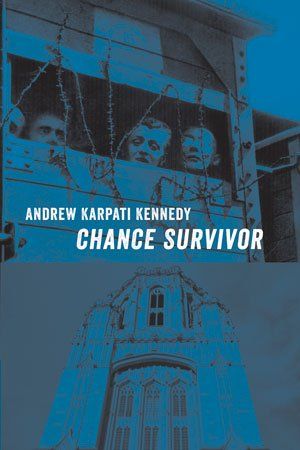
Alfred Moritz Survival 1933–1944
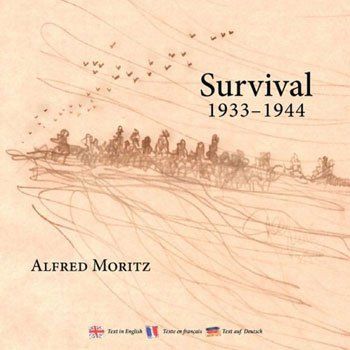
Juergen Goldhagen, et al. Manila Memories
